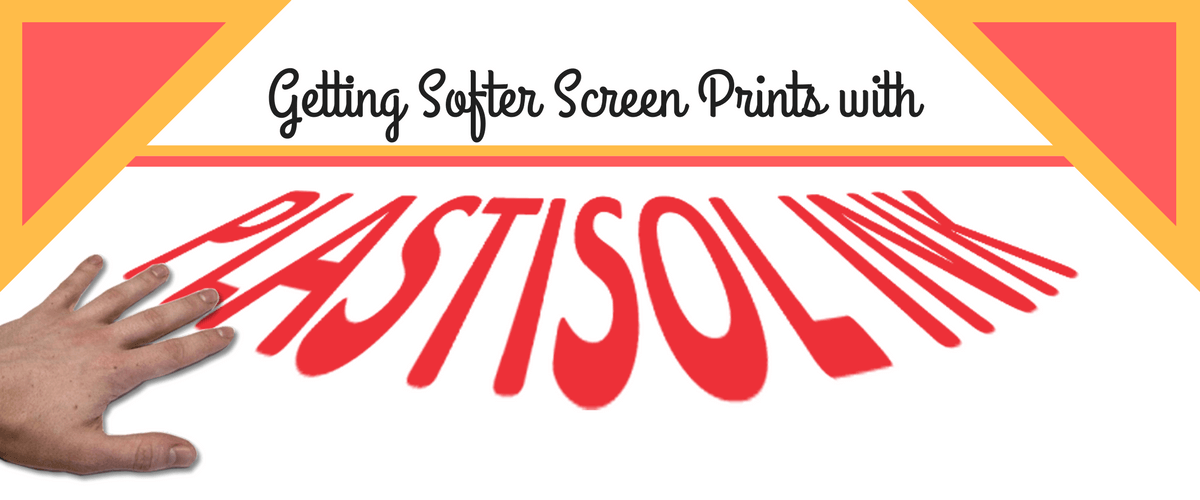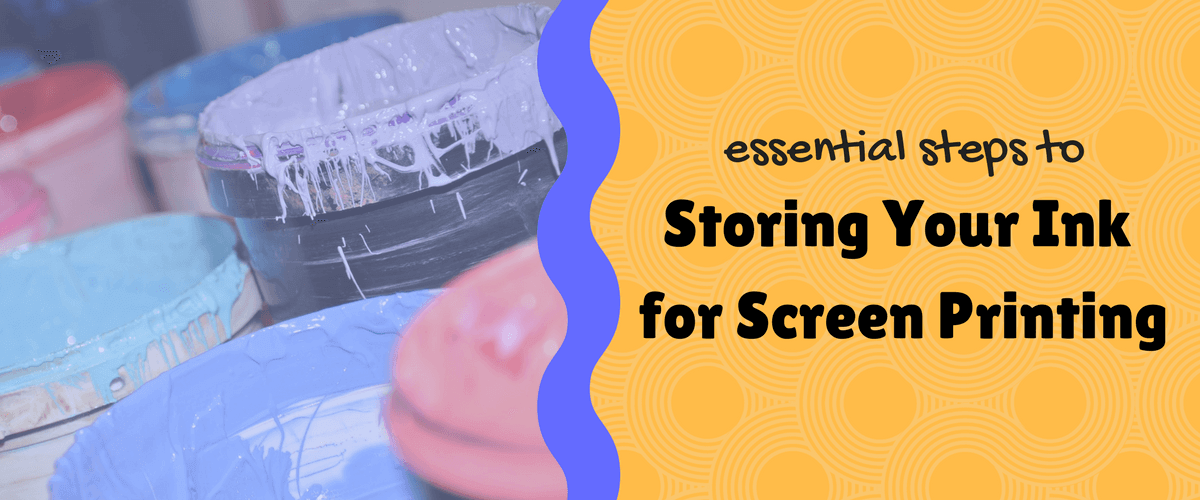

Revolutionizing the screen printing industry through cutting-edge technology and quality service
Anatol Equipment Manufacturing Co.
1429 S Shields Dr
Waukegan, IL 60085


Revolutionizing the screen printing industry through cutting-edge technology and quality service
Anatol Equipment Manufacturing Co.
1429 S Shields Dr
Waukegan, IL 60085

The market for workwear can be a golden opportunity for garment decorators. Construction, emergency and industrial workers not only require clothing that shows they’re part of a team, they also require clothing that keeps them safe.
Read more
Even though the ingredients of most textile inks have become more eco-friendly over the years, it’s important to remember that they contain certain industrial chemicals. The disposal of these chemicals is usually closely regulated and often strictly enforced.
Read more
As the demands of decorating performance wear increasingly cross over into the world of fashion, it’s become necessary to develop new inks for screen printing. Given the strength and extreme stretch of many of these fabrics, it can be difficult to get the desired result, even with special additives. In response to these challenges, a number of ink manufacturers have developed silicone based inks.
Read more
If you’ve ever tried to create the perfect color for a persnickety customer, you know color matching ink for screen printing can be a complicated proposition. Sure you have color matching systems to guide you, but many factors can interfere with color matching in screen printing.
Read more
There are countless screen printing inks that claim to be “ready for use”, but in reality almost all inks require some care before they hit your press. Whether you’re seeking the right consistency, the right color or a special effect, there are proper ways to get your ink ready for printing.
Read more
Screen printing customers have been increasingly demanding a softer hand feel to their printed t-shirts. Many apparel screen printers have turned to water-based and discharge ink to achieve the soft, retro prints customers request. But plastisol can get the job done too!
Read more
It’s that time of year when the weather is at its most unpredictable, and that means you should be prepared for all the different ways it can affect your screen printing! It’s easy to overlook the role that temperature and humidity play in regard to printing results, but they’re important factors.
Read more
When you decide to make a go of printing t-shirts for a living, you’ll soon realize that in order to produce garments in any significant quantity, you need a conveyor dryer. But there are so many choices, from tiny tabletop models to giant industrial dryers six feet across. How do you know which is right for your shop?
Read more
When many screen printing veterans first got started, they may not have realized just how many variables factored into properly curing their prints. As the industry has advanced, new technology has made it even more difficult to get fully caught up. Fortunately, by familiarizing yourself with the basics of curing and doing some careful tests, you can make it easier to get a proper cure.
Read more
As screen printing has advanced, new fabrics and inks have increased in popularity and brought with them a number of different challenges. In this day and age, it’s more important than ever for screen printers to develop, test, record and implement conveyor dryer procedures to properly cure their prints.
Read more
As a screen printer, the last thing you want is an unhappy customer wanting to return items. In another blog post, we shared some tips on how to keep your plastisol prints from washing out. Those tips will go a long way towards keeping your prints vibrant and making them last, but there’s another issue you may run into: dye migration.
Read more
A screen printing shop can accumulate a lot of ink. Storing that ink can prove a challenge, and often shops will simply look for a quick and convenient spot in which to store their inks. It’s important to put more thought and consideration into your ink storage, however.
Read moreYour message was successfully sent!